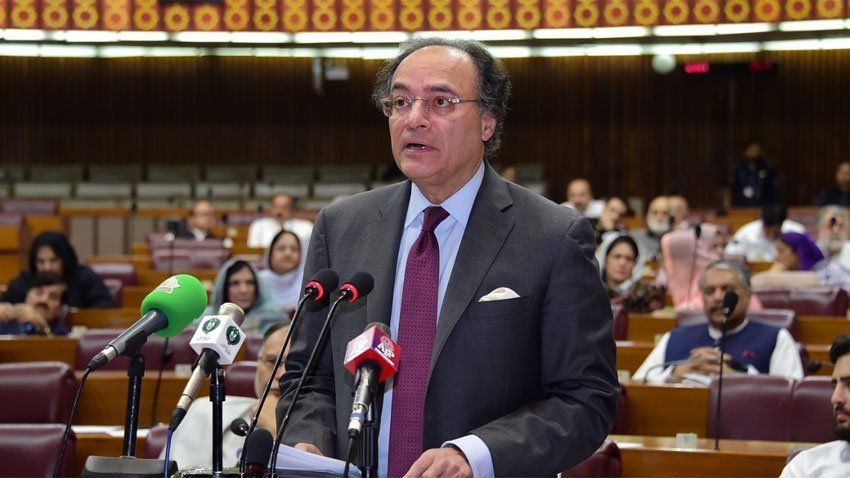President Asif Ali Zardari has signed into law the Finance Amendment Bill, marking a significant step in Pakistan’s fiscal policy for the upcoming year. The national budget, unveiled on June 12, sets a robust target of 13 trillion rupees ($46.66 billion) in tax revenue, signaling a substantial 40% increase from the previous fiscal year. This ambitious objective aims to bolster economic stability and pave the way for a new financing arrangement with the International Monetary Fund (IMF).
Key provisions of the budget include a notable 48% rise in direct taxes and a 35% hike in indirect taxes compared to the revised estimates of the current fiscal period. Non-tax revenues, particularly from petroleum levies, are projected to escalate by 64%. Specific tax adjustments are earmarked for essential commodities such as textile and leather products, mobile phones, and capital gains from real estate. Moreover, workers can anticipate higher direct tax obligations on their incomes.
Despite governmental assertions, the budget has encountered staunch resistance from opposition parties and major trade associations. Critics argue that the proposed fiscal measures will fuel inflationary pressures and precipitate closures within industries. The State Bank of Pakistan has echoed these concerns, emphasizing the imperative need for structural reforms aimed at broadening the tax base to mitigate potential economic adversities.
Effective July 1, consumers are slated to experience discernible escalations in the prices of critical goods. Essential items including meat, mobile phones, herbal and homeopathic medicines, and educational expenses for children are anticipated to undergo substantial price hikes. The cost of poultry, beef, and mutton is set to rise, impacting household budgets. Similarly, an 18% sales tax on mobile phones priced under $500 is poised to elevate consumer expenses in this sector. Additionally, stationery items such as colored pencils, ink, erasers, sharpeners, pens, ballpoints, and markers will face a 10% sales tax, amplifying educational costs. Animal feed, encompassing poultry and livestock feed, along with sunflower and canola seed-based food products, will also incur a 10% sales tax.
The newly enacted Finance Amendment Bill introduces stringent penalties targeting tax evasion. Offenders may face imprisonment for up to a decade and fines amounting to 100% of the evaded taxes. Specifically, evasion exceeding Rs 500 million could lead to a maximum imprisonment of 5 years, whereas sums exceeding Rs 1 billion may result in a 10-year custodial sentence.
Initially proposing a considerable increase in the maximum petroleum levy for petrol and diesel, the bill has since been revised to cap the levy at Rs 70, with kerosene, light diesel, and E10 petrol remaining capped at Rs 50.
Overall, the approval of the Finance Amendment Bill is poised to unleash a wave of inflationary pressures, significantly impacting vital goods and services and imposing greater financial burdens on the populace. The contentious fiscal measures have elicited widespread apprehension and dissent, underscoring the formidable economic challenges ahead for Pakistan, particularly affecting salaried workers and the broader citizenry.




